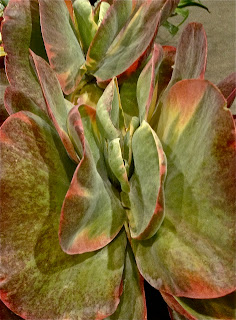Dealing with Cape Oxalis (or not).
Over twenty years of gardening and ten years of professional landscape design experience have taught me a thing or two about weeds. Namely, that it's a Sisyphean task to try to eradicate certain species. Of those nasty interlopers, Cape oxalis (oxalis pes-caprae) would get my vote for the King of Weeds, because it's nearly impossible to remove from the garden- at least without the use of toxic herbicides, which I never recommend using.
Cape oxalis is native to South Africa, which has a Mediterranean climate similar to the Bay Area's. It thrives in summer-dry, winter-wet environments and in clay soils. It's sun and shade tolerant, and stores its energy in small bulbs, burrowed about a foot deep in the ground, each forming up to 20 plants per year. The plant is a winter perennial, which begins blooming in the fall through spring, then goes dormant in the summer. Pulling the herbaceous portion of the plant reduces the spread temporarily, but because energy is stored in the bulbs, the plant will soon regenerate new foliage.
Other than digging out all the bulbs (a foot deep) annually and sheet mulching regularly there is little chance of eradicating Cape oxalis from your garden in an environmentally-friendly way.
Bummer. Sometimes, we just have to give ourselves over to the fact that there are definitely natural phenomena that we can't control.
A good article on Cape oxalis is in the SF Chronicle:
For more information on Bay-Friendly weed control, check out StopWaste.Org's information on sheet mulching:
http://www.stopwaste.org/home/index.asp?page=398




